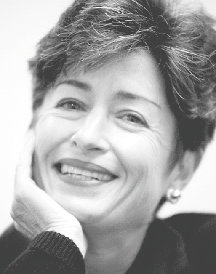They don’t make summers like they used to
Looks like I’ve become a witness to history, like one of those ancient Civil War widows, a repository of memories from a time gone by. I didn’t realize this until I watched the PBS documentary “Rockaway Beach Bungalows” last week, along with my parents, who are 87 and 91. All of us have Rockaway sand in our shoes.
My parents met in Rockaway Beach in 1940. Their families, who lived in Brooklyn, rented bungalows for the summer. The rental, between $200 and $300, entitled them to stay as long as they liked, and my dad’s family often stretched the season from May to November, and that was without heat.
The story of how my folks met varies depending on whose version prevails, but it seems to involve the boardwalk, just half a block away, hot, humid nights and youthful exuberance. My dad’s memories include a story about the outdoor showers and robes flying open, but that may be apocryphal.
In any version, the roots of their romance were struck in the sands of Rockaway in the years leading up to World War II. Their bungalows were two of eight, set four facing four, in a court on Beach 54th Street in the area known as Edgemere. On a silken strand just a few miles from New York City, renters lived the summer days, in and out of one another’s homes, sharing meals and stories and all the blessings and curses of close communal living.
Ask any of them now and it was “paradise,” a blessed escape from the heat and congestion and polio scares of summer. The bungalows were primitive by today’s standards. Actually, they were primitive by 1940 standards. All wood, outdoor showers, indoor toilets and electric bulbs hanging from the rafters, which were exposed. No TV, of course, no telephones, and no automobiles. Summer people arrived and stayed.
I have pictures of my parents as teens, lolling about on the boardwalk with their friends, my mother all curvy and very 40s with her pinned-up hair and dark lipstick. We have photos of the bungalows, too, with rocking chairs on the front porch, where the grown-ups relaxed in the evenings, smoking and talking.






